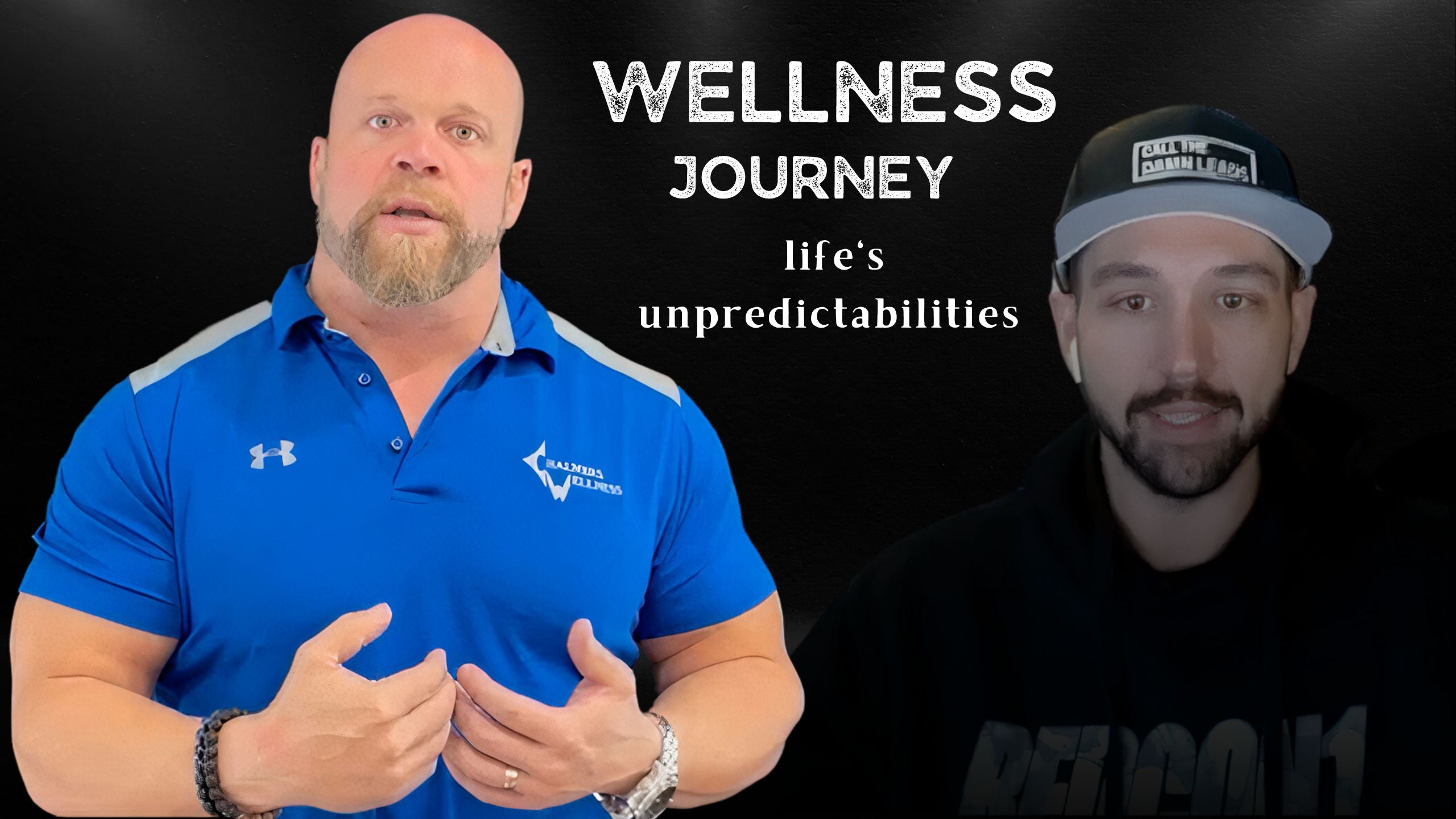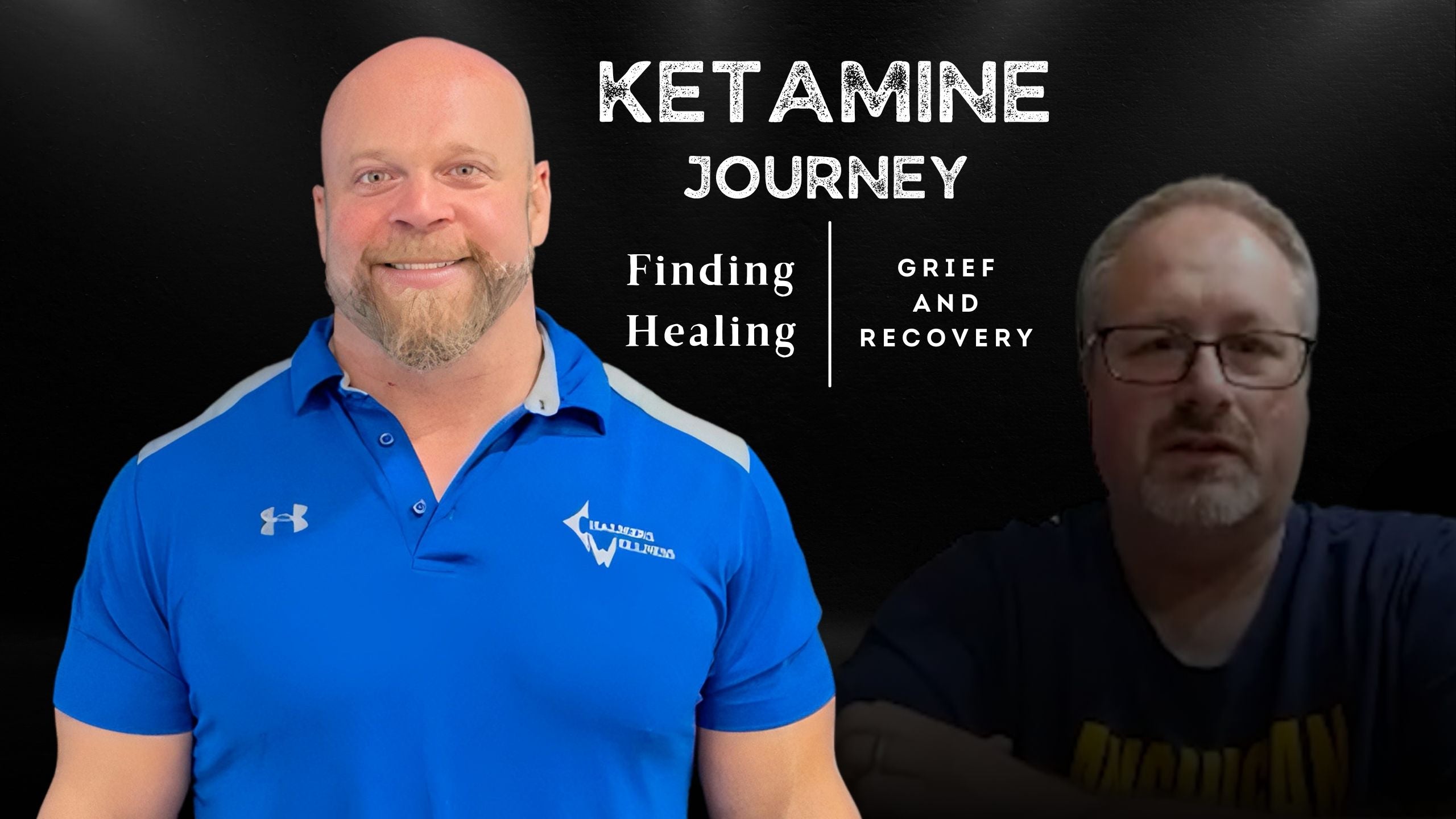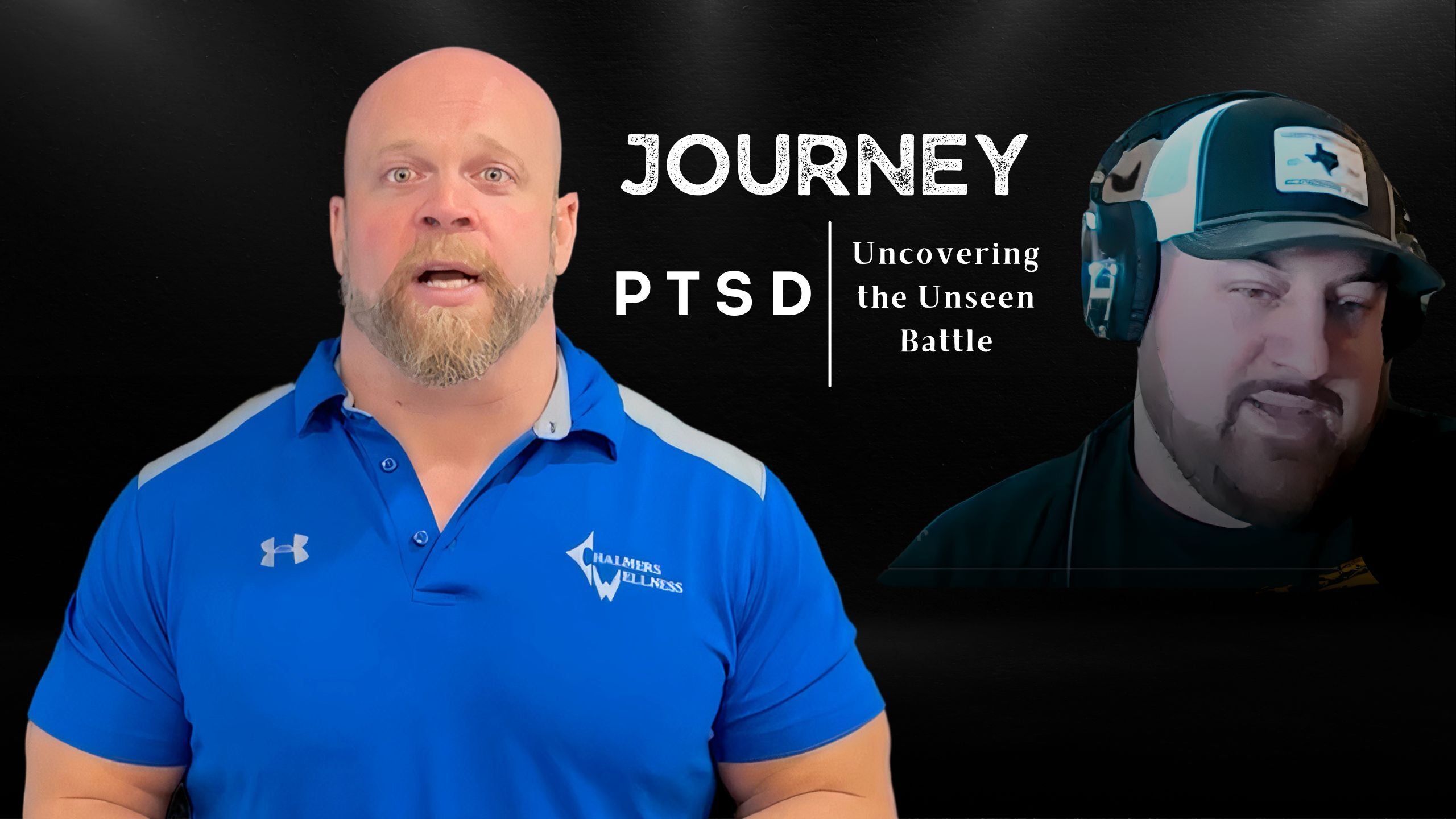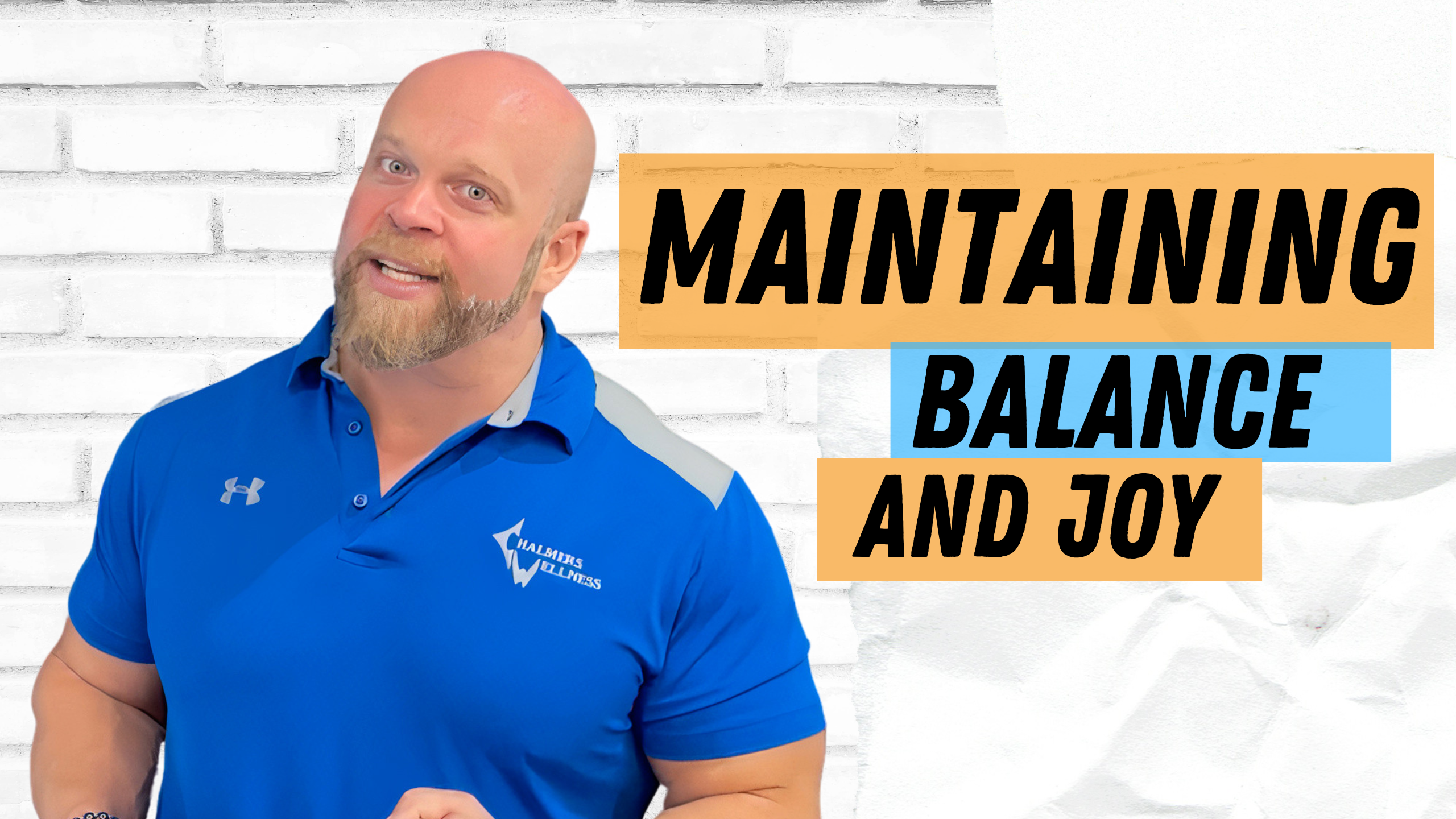
Is this discussion like the old question; Are you out of shape? But it's rather how your body and muscles are toned. If you or someone you know has scoliosis, plantar fasciitis, carpal tunnel, or frozen shoulder, they often wonder how to fix it.
All of these issues come from a tone problem. I define tone as one side of the muscle equation is unbalanced in how it is pulling. This muscle unbalancing comes from using one muscle way more than the other side.
Let's take plantar fasciitis, for example. If you push down with your toe more often than you pull your toes up, then you are going to use your calf more often and with greater force than you use your anterior tibialis. When this happens, the degree to which the calf muscle pulls starts to increase slowly. Over time this imbalance can create postural tone changes.
These changes will pull harder on the Achilles tendon, which will pull harder on the heel bone, which will slide it back, tightening the plantar fascia allowing it to inflame, and thus hurt, as it is damaged.
True plantar fasciitis is worse in the morning for this very reason.
At night we power down the frontal lobe, and thus we shut down a great deal of the autonomic extensor tone. This allows the flexor tone to increase greatly. Unfortunately, this increase makes all of the list worse. The way we fix this is to do exercises to exhaustion on the opposing, extensor-based muscle groups.
So, in the case of plantar fasciitis, you need to slightly resist the motion of pulling your toes back. This should make the muscle on the front of the shin, the anterior tibialis, burn.

Do this multiple times a day, and it should start to help. If you are getting it worked on, it is really helpful to get the ankle and foot adjusted. Then as you go through this toe down toe-up exercise, have someone compress the Achilles tendon as you move your foot. This compression on the Achilles will greatly increase GTO response from the Achilles and further help reduce tension in the calf.
Be careful with this, though, so as not to compress/squeeze the tendon too hard, as you can create a number of undesirable outcomes that way.
All of these issues are not that hard to treat, and depending on how long you have had them, sometimes they can be fixed relatively quickly.
Remember, the faster you get help, the less help you will need.

 Login
Login cart 0
cart 0





